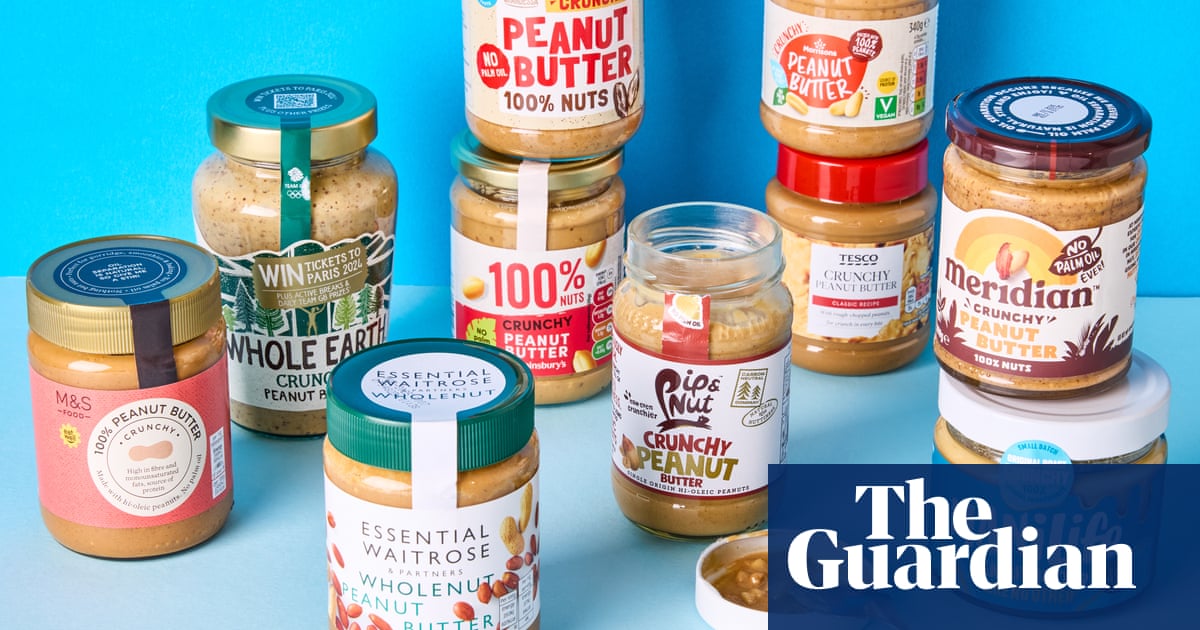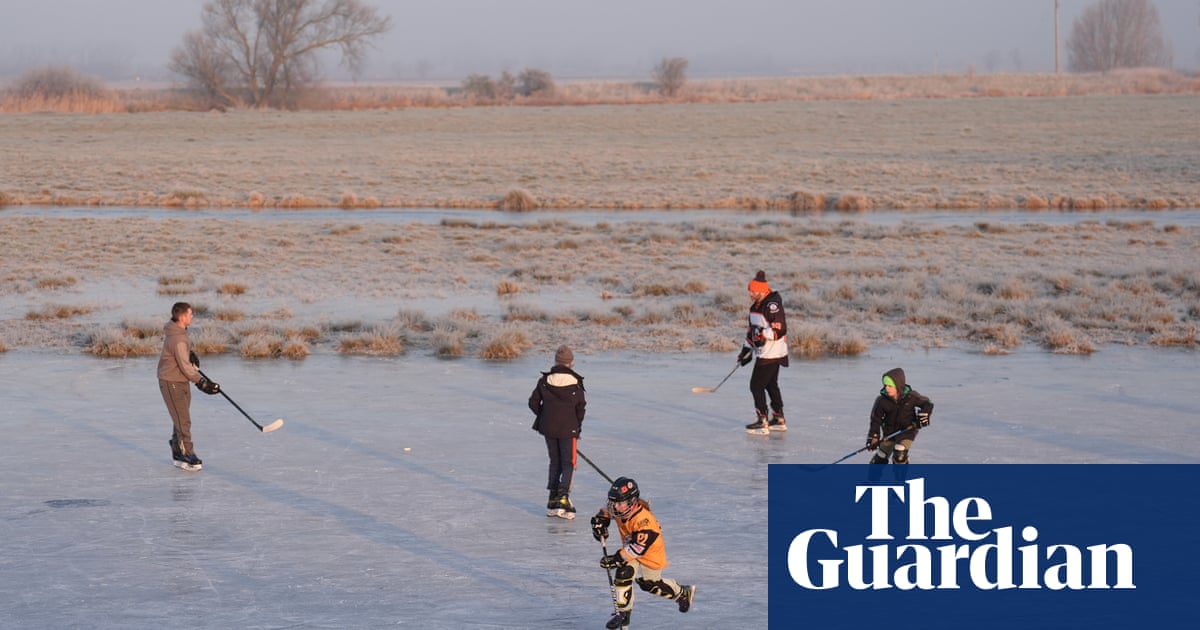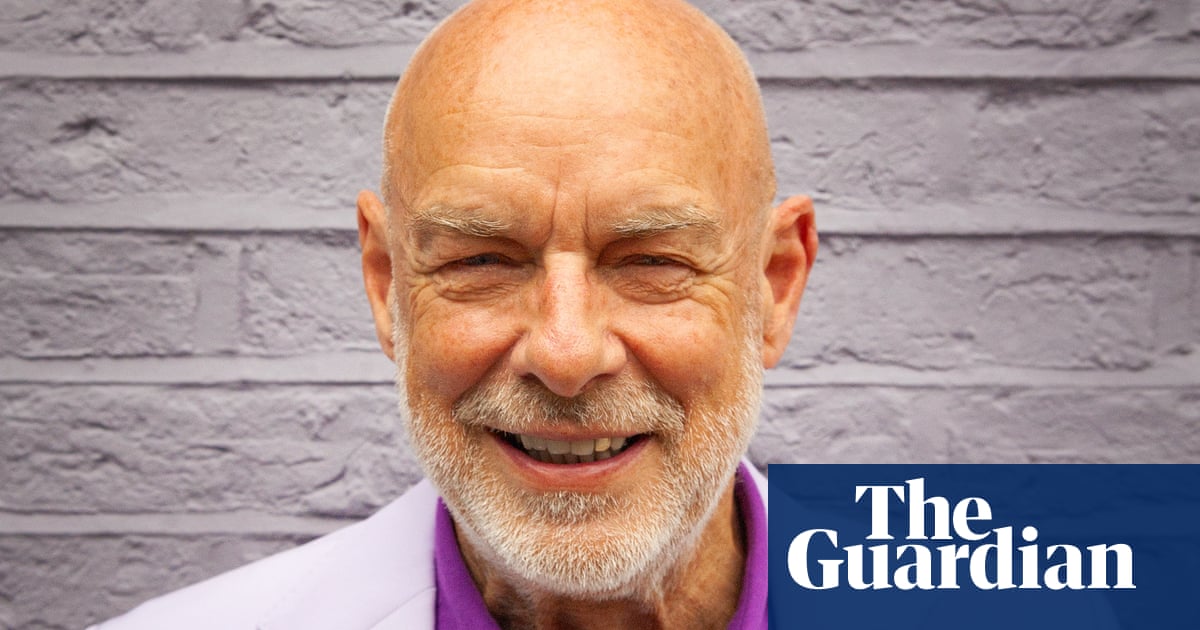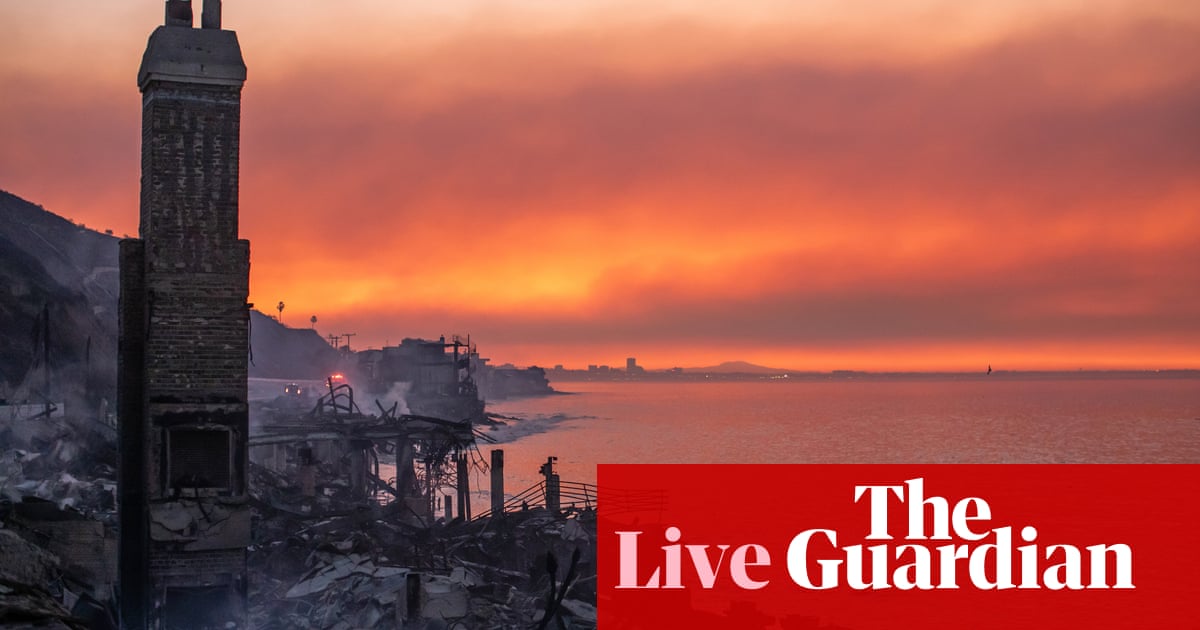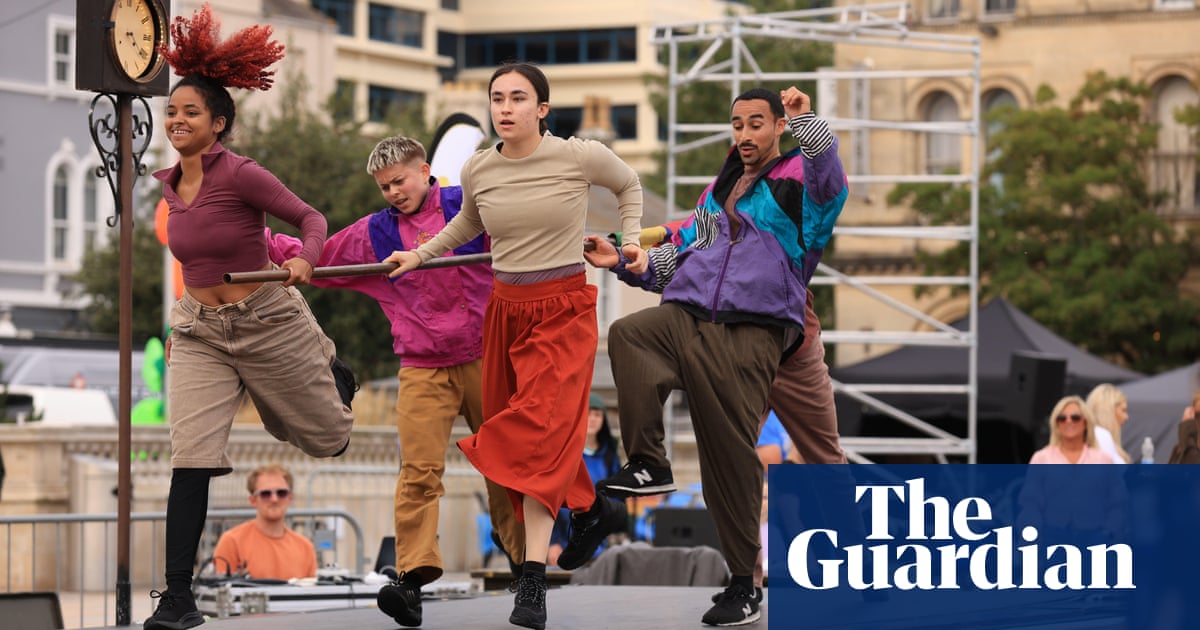The assassination on Tuesday of the Russian general and conspiracy theorist Igor Kirillov in downtown Moscow is yet another operation in a string of small, morale-boosting actions by Ukraine and its sympathisers. Last month, Valery Trankovsky, a senior naval officer, was killed in a car-bombing in Crimea. Sergei Yevsyukov, the former chief of the Russian-operated Olenivka prison that Russian forces blew up in 2022, killing many Ukrainian prisoners of war, died in a similar attack this month in Donetsk. All three men had been accused by Ukraine of war crimes.
These killings are more than acts of retribution; they are part of a calculated effort to signal Ukraine’s resolve in the face of Russian aggression. They serve as a warning to Moscow’s military establishment and offer a modicum of justice to a Ukrainian public enraged by the atrocities committed by Russian forces. Yet the effectiveness of such assassinations is less clear. In authoritarian regimes that lack mechanisms for orderly power transitions, the elimination of high-ranking officials can destabilise leadership structures. A sudden vacuum at the top risks igniting infighting among elites and undermining the regime’s cohesion.
Granted, this doesn’t seem to be such a problem at the mid level of generals and officers. Among these ranks, succession is often straightforward, because replacements are typically ready to step into the void. Military men like Kirillov rise to prominence because of loyalty rather than merit, making them largely interchangeable and, in terms of battlefield success, expendable. Though any minor success calls for celebration, Russia will probably shed few tears for men like Kirillov.
Even so, the timing of these assassinations is important. Faced with the reality of an impending power shift in the United States, from a supportive if indecisive Biden administration to an openly pro-Russian Trump presidency, Ukraine seems to be scrambling to secure any last-minute advantages.
Meanwhile, Russia is holding its breath. Its economy is faltering under the combined strain of the war and western sanctions. War-driven salary increases for the military personnel and adjacent defence industries, which together employ 5 million people, have triggered a vicious cycle of inflation and subsequent interest-rate hikes. The country also has a chronic shortage of workers, thanks to its ageing population and the exodus of some 700,000 working-age individuals at the start of the war.
A combination of higher wages and rising interest rates has led to stagflation, stifling domestic investment and leaving businesses in a perilous situation where they’re unable to meet their own payment obligations or collect money from their debtors. Data suggests these trends are creating a domino effect of defaults and bankruptcies. Russia’s economic elites are increasingly aggrieved by the situation, and have resorted to making sexist critiques of the governor of the central bank, Elvira Nabiullina. She is hardly responsible for these economic woes – and in fact, many credit her with Russia’s surprising economic resilience thus far. So why don’t the Russian business elites direct the blame where it belongs – to their leader, Vladimir Putin?
The answer lies in the deliberate structure of Putin’s government. Under his system, economic elites act as trustees who oversee the daily operations of various industries in the Russian economy. They serve at Putin’s discretion and have no influence over his political decisions. Their position in Russia’s society depends entirely on their relationship with the president. Should they lose his favour, there are plenty of replacements eager to take their place. And Trump’s presidency offers them a glimmer of hope that relief from their struggles may be on the horizon. For now, they need only keep their heads low and wait out the next few weeks until his inauguration.
Trump’s re-election is likely to be a watershed event in the war – one that many expect not to favour Ukraine. The incoming president is an isolationist with close ties to Putin. He has already signalled his intent to reverse Biden’s authorisation of the use of US weapons to strike inside Russia. But Trump is also known to prove disappointing. His peace plan, like many of his policies, lacks detail, and ignores the fact that both sides would prefer to fight than resort to an unenforceable peace. Meanwhile, the depletion of US weapons stockpiles limits his leverage. He cannot withhold supplies that were not being provided in the first place, and his threats to force Putin’s hand by miraculously giving Ukraine “more [weapons] than they ever got” are similarly empty.
That said, Ukraine has many reasons to be concerned. While assassinations of Russian war criminals serve as a distraction for anxious citizens, the Ukrainian president, Volodymyr Zelenskyy, knows that the time before Trump’s inauguration is critical. Ukraine must focus on securing stronger commitments from European allies, who may need to fill the void left by a retreating US administration. Ultimately, Ukraine’s best hope is to bet on itself. Investing in domestic weapons production and leveraging Russia’s economic instability are its most viable strategies for survival.
-
Olga Chyzh researches political violence and repressive regimes, she is an assistant professor in the Department of Political Science at the University of Toronto

.png) 3 weeks ago
9
3 weeks ago
9
